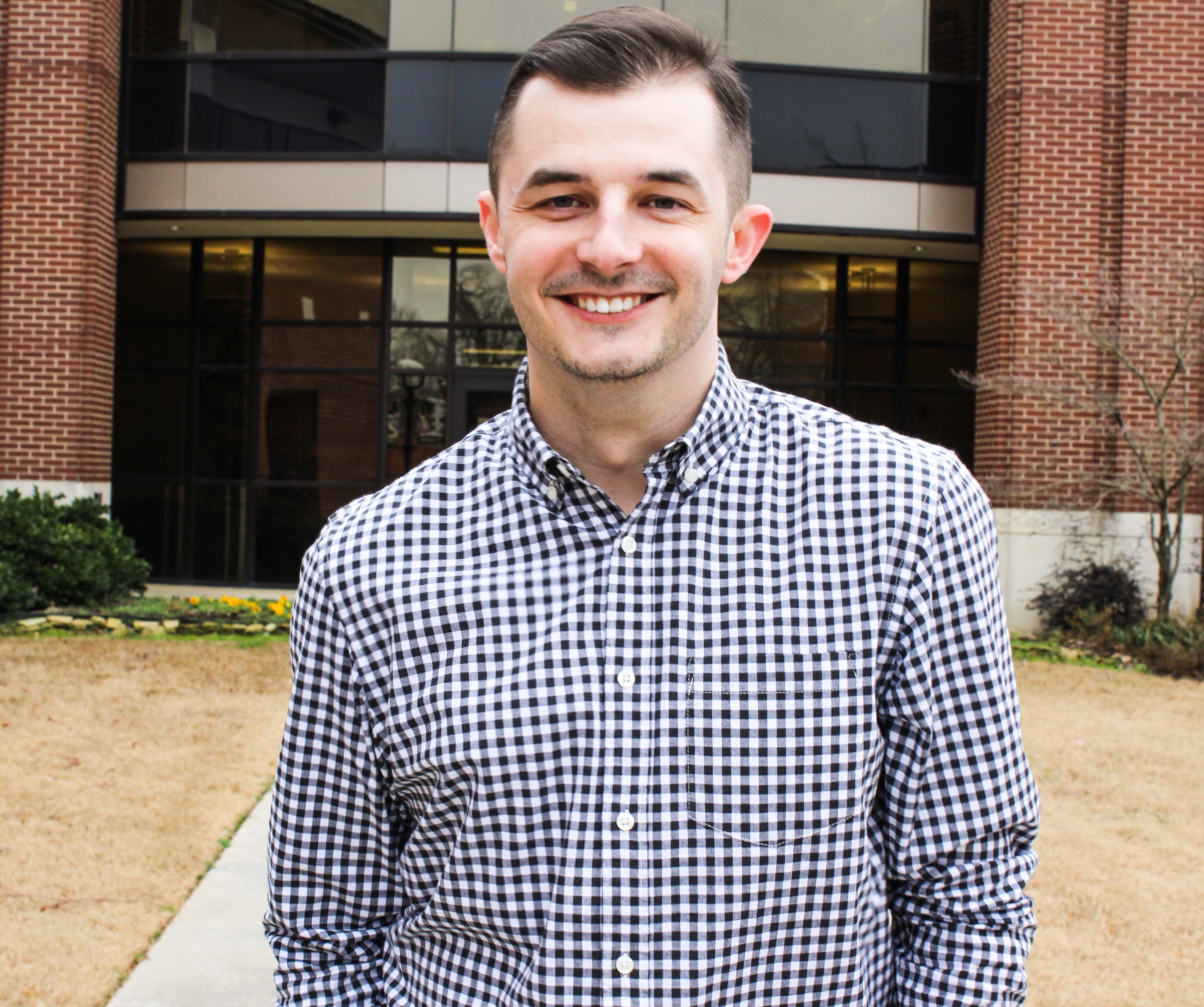The Leadership Lesson I Didn’t Expect to Learn: The Power of the Pause
Charlie Wright, Pharm.D., BCPS
 A preceptor can be defined as a teacher or instructor, particularly one who guides practical learning. When I first became a preceptor through my role as a faculty member at Harding University College of Pharmacy, I believed that being a good preceptor meant always having the right answer for my students.
A preceptor can be defined as a teacher or instructor, particularly one who guides practical learning. When I first became a preceptor through my role as a faculty member at Harding University College of Pharmacy, I believed that being a good preceptor meant always having the right answer for my students.
Part of my role involves didactic teaching in the classroom, but the other half centers on practical, experiential learning in an ambulatory care clinic. Early on, whenever students asked a question, I quickly jumped in with an answer. If something didn’t go well, I immediately tried to intercede and fix it before it became a problem. That was what I was supposed to do, right?
In those first couple of years, I equated leadership with quick action and instant answers. However, I’ve since realized that my constant quick responses didn’t leave space for my students, or for myself, to grow. Much to my dismay, I came to see that I was reacting instead of truly leading. I was making assumptions rather than building meaningful connections. I was failing to pause and simply plowing ahead.
This realization hit me during my second year. I had a fourth-year student in the clinic who was quiet and slow to answer questions. She seemed unmotivated, and I assumed she simply wasn’t putting in the effort required for success. With full confidence, I pulled her aside with a plan to “motivate” her. But instead, that conversation became a turning point for me. I learned that she was facing intense personal issues at home that were affecting her performance in our pharmacy program.
That day, my self-confidence took a tumble. What was I doing? How could I have missed something so important? Had I made her situation worse by pushing her so hard? Realizing what I had overlooked by focusing on quick answers instead of meaningful connections, I decided to change how I approached my students in both the clinic and the classroom.
My role requires me to provide students with formal feedback on a regular basis, and before this realization, that feedback was often reactive — too quick, too surface-level and lacking thoughtful reflection. Now, before delivering feedback, I ask myself:
This simple pause has made me a better instructor, mentor and leader. I listen more and talk less. To be frank, this shift has made my teaching feel lighter and more freeing. It’s less about control and more about connection.
Of course, slowing down in these moments is still not easy for me, and I sometimes catch myself slipping back into old habits of reacting quickly. But I continue to strive, pause, listen, observe and connect.
While not everyone reading this works in health care or academia, this simple practice of self-reflection applies to any team dynamic. For those wanting to begin meaningful self-reflection, my suggestion is to start small. Capture your thoughts in whatever way feels natural. Personally, I use the Notes app on my iPhone. Over time, I began to notice patterns, growth and moments when I led well simply because I slowed down and stayed present.
Self-reflection and the power of the pause are also practices I model with my students. After a challenging patient or provider interaction, I encourage them to reflect: What did they notice? How did they communicate? How did they handle uncertainty? What could they do differently next time? These conversations have become some of the most impactful teaching moments we share.
Now, in my fifth year at HUCOP, one thing is certain: I never anticipated how much my students would teach me about myself and my own growth. Strong leadership doesn’t always come from knowing what to say. It comes from taking the time to understand before we ever open our mouths to speak.